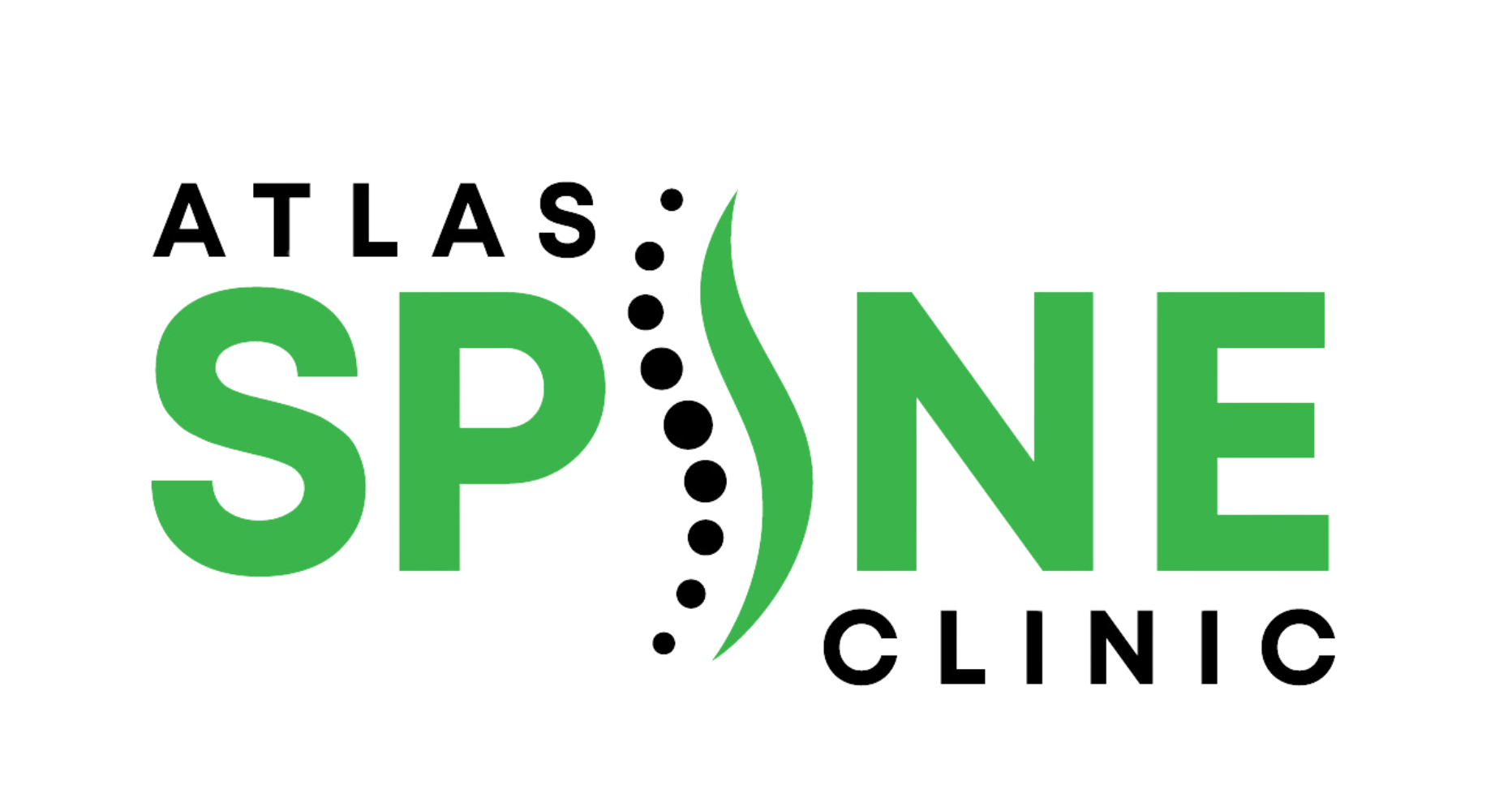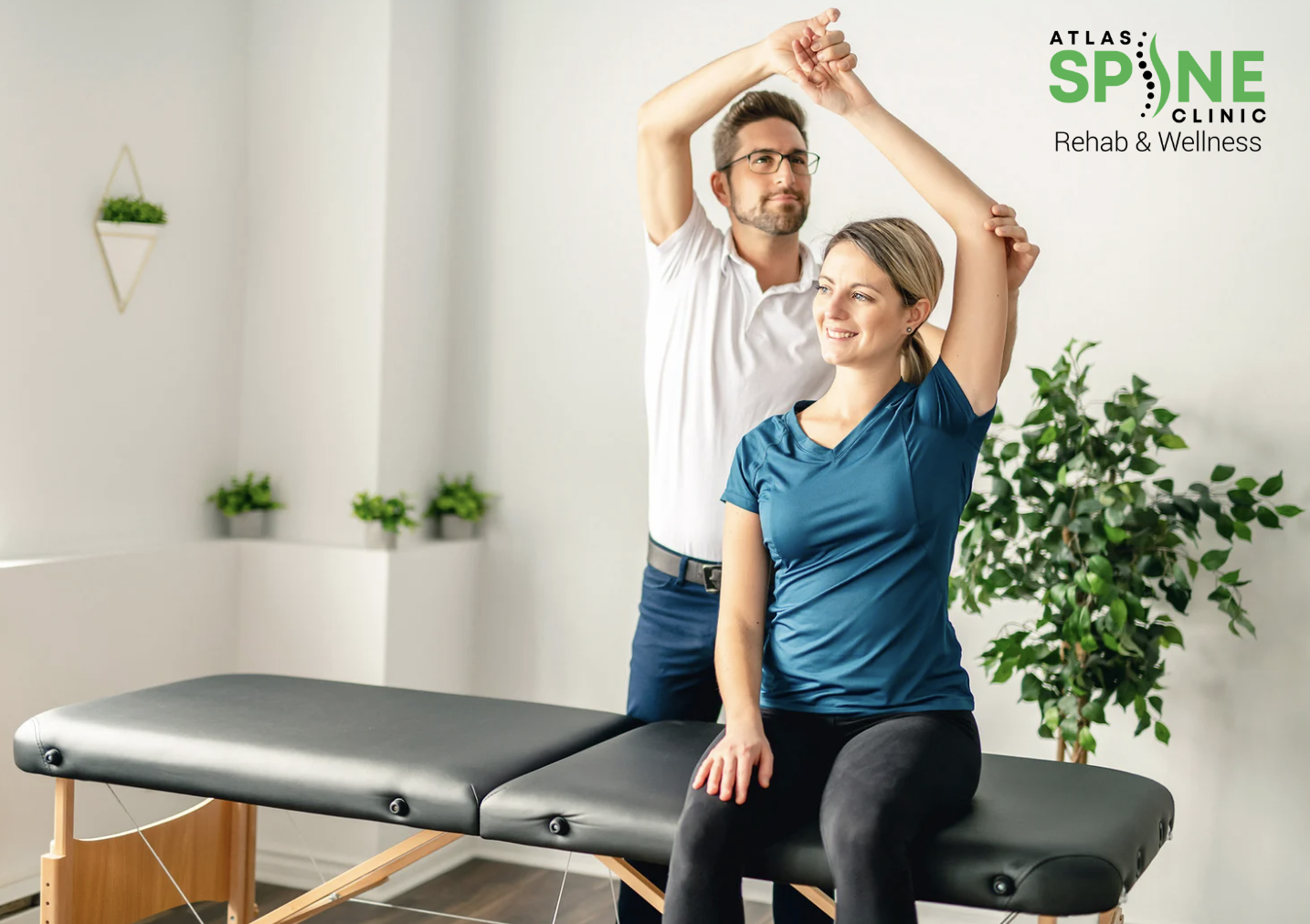Neck and shoulder pain affects people of all ages and is more common than you think. Whether it’s from sleeping in an awkward position, spending long hours at a desk, or dealing with an old injury, this discomfort can make even simple tasks feel difficult. Sometimes, it’s just a temporary stiffness, but in other cases, it could signal an underlying health problem.
Waking up with an aching neck or stiff shoulders can make even the smallest movements feel like a challenge. So, what’s really causing that discomfort? Is it just a bad night’s sleep, or could it be something more? Let’s break down the common culprits, explore effective treatments, and find simple ways to ease the tension and prevent it from coming back.
Neck and Shoulder Pain Causes
Soft Tissue Injuries
Everyday movements, sudden jerks, or excessive strain can lead to soft tissue injuries, affecting the muscles and ligaments around the neck and shoulders. These injuries may cause stiff neck and shoulder tension, making movement uncomfortable.
Rotator Cuff Tear
The rotator cuff is a set of muscles and tendons that support shoulder movement. Overuse, sudden injury, or aging can lead to tears in this area, resulting in shoulder tension and difficulty lifting the arm.
Whiplash
A sudden back-and-forth motion of the neck, often caused by car accidents or high-impact sports, can lead to whiplash. This condition may cause stiff neck, headaches, and dizziness.
Cervical Spondylosis (Cervical Osteoarthritis)
Aging brings changes in the spine, and cervical spondylosis is one such condition where the cartilage and bones in the neck start to wear down. This often leads to cervical pain, upper back discomfort, and reduced flexibility.
Pinched Nerve (Cervical Radiculopathy)
A pinched nerve occurs when nerves in the neck become compressed due to herniated discs or bone spurs. This can cause sharp pain, numbness, or tingling sensations, especially when moving the neck or shoulders.
Herniated Disk
A herniated disc happens when the soft cushion between the spinal bones slips out of place, pressing on nearby nerves. This condition can lead to cervical pain, discomfort in upper back, and tingling sensations in the arms.
Posture and Sleeping Position
Slouching, hunching over a phone, or sleeping in an awkward position can cause bad posture, which strains the muscles in the neck and shoulders.Over time, this tension can cause persistent aches and stiffness that worsen with prolonged bad habits.
Heart Attack
While it’s not the most common cause, pain in the neck and shoulders can sometimes be a sign of a heart attack, especially when accompanied by chest pain, dizziness, and shortness of breath.
Neck Pain on One Side Along with Shoulder Discomfort
If pain in the neck and shoulders is concentrated on one side, it might be due to muscle strain, compressed nerve, or frozen shoulder. It could also be linked to an underlying issue such as arthritis.
Neck and Shoulder Pain with Headache
Frequent headaches along with tension in the neck and shoulders could indicate tension headaches, migraines, or even cervical spine problems. Poor posture and stress often contribute to this discomfort.
Treating Neck and Shoulder Pain at Home
Many cases of discomfort in the shoulder and neck can be managed with simple home remedies. Applying an ice pack in the first 48 hours can help reduce swelling, while switching to a heating pad afterward can relax tight muscles. Gentle stretching, improving posture, and using a supportive pillow while sleeping can also provide relief.
Neck and Shoulder Pain Exercises
Incorporating simple movements into your daily routine can make a significant difference in reducing stiffness and improving mobility. Here are a few effective exercises:
- Neck tilts – Slowly lower your chin toward your chest, then tilt your head back gently. This helps release built-up tension and improves flexibility.
- Shoulder rolls – Lift your shoulders toward your ears, then roll them backward and forward in a circular motion. This movement helps ease aching in the upper back and promotes better posture.
- Chin tucks – Pull your chin straight back, as if making a slight double chin. This stretch is effective in relieving neck stiffness symptoms caused by prolonged screen time.
- Arm stretches – Extend one arm across your chest and use the opposite hand to hold it in place. This loosens tight muscles and improves shoulder movement.
Making these exercises a habit can prevent long-term stiffness, improve posture, and keep discomfort from becoming a persistent problem.
Medical Treatments for Neck and Shoulder Pain
If home remedies don’t provide relief, medical treatments might be needed. Doctors may recommend:
- Physical therapy: Strengthening exercises can improve posture and help alleviate persistent discomfort.
- Pain relief medications: Non-steroidal anti-inflammatory drugs (NSAIDs) help ease discomfort.
- Cortisone injections: For severe cases, injections can provide longer-lasting relief.
- Surgery: If disc herniation or another severe condition is causing persistent pain, surgery might be an option.
When to Contact a Doctor
Not all discomfort in the neck and shoulders requires medical attention, but if the pain is severe, lasts for weeks, or comes with additional symptoms like numbness, weakness, or difficulty moving, it’s best to see a doctor.
Seek emergency care if the pain is accompanied by chest pain, dizziness, or trouble breathing.
Preventing Neck and Shoulder Pain
Simple lifestyle adjustments can go a long way in preventing recurring discomfort in the neck and shoulders:
- Maintain good posture: Keep the back straight and shoulders relaxed when sitting or standing.
- Take breaks from screens: Reduce strain by looking away from screens every 30 minutes.
- Use supportive pillows: Sleeping with a proper pillow can prevent stiffness in the neck and upper back discomfort.
- Stretch daily: Simple stretches can prevent tight shoulders and muscle stiffness.
- Strengthen muscles: Regular exercise keeps the neck and shoulders strong and reduces the risk of injuries.
Conclusion
Dealing with persistent neck and shoulder discomfort can be frustrating, but understanding the root causes and knowing how to manage them can make a significant difference. Whether the pain comes from poor posture, soft tissue injuries, or conditions like a pinched nerve, taking the right steps can bring relief. Simple home remedies, targeted exercises, and professional treatments all play a role in managing and preventing discomfort.
By making small adjustments to daily habits, staying active, and seeking medical advice when necessary, it’s possible to keep these aches from interfering with everyday life.
For expert medical advice and personalized treatment plans, consider reaching out to Atlas Spine Clinic to find the best solution for your needs.






